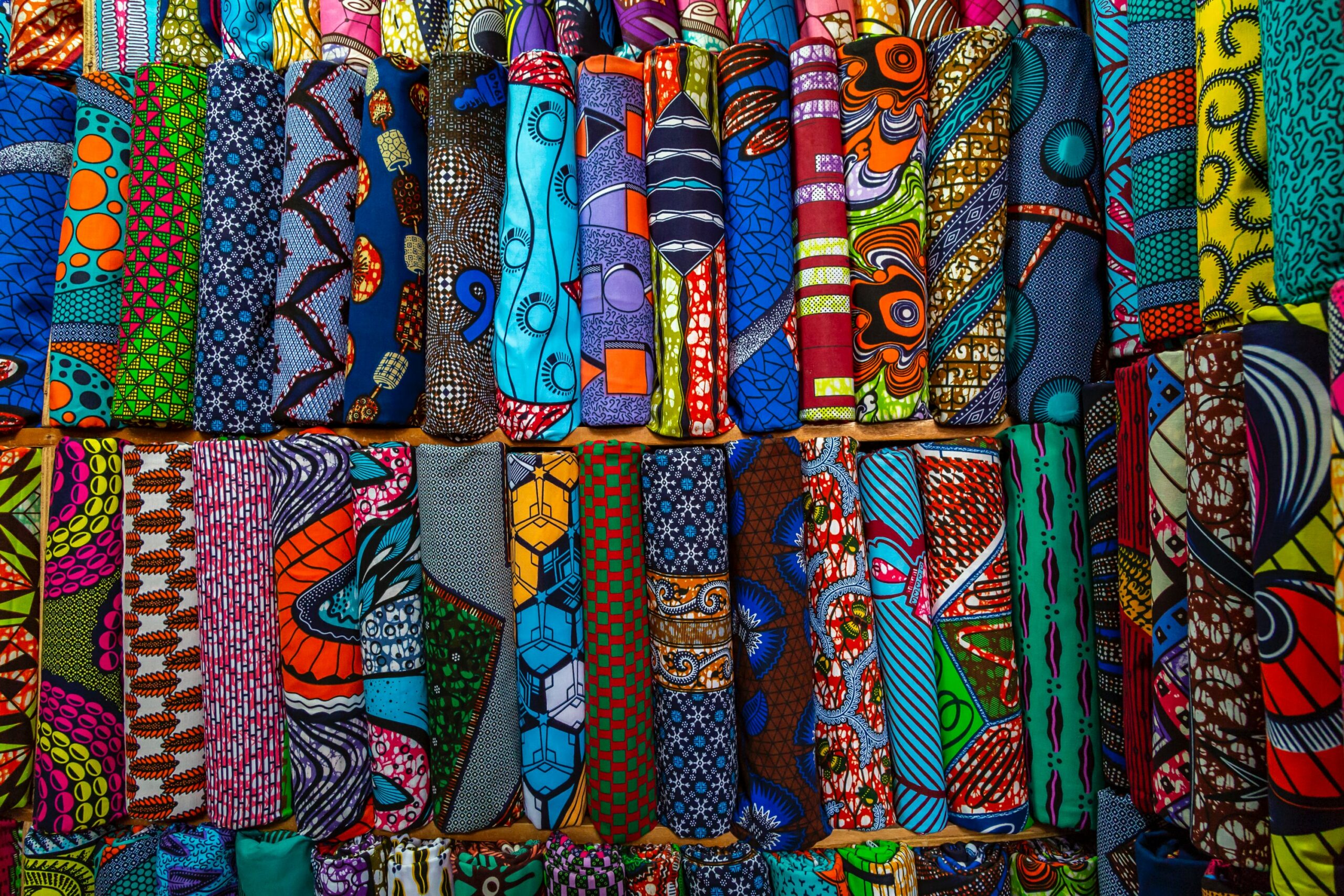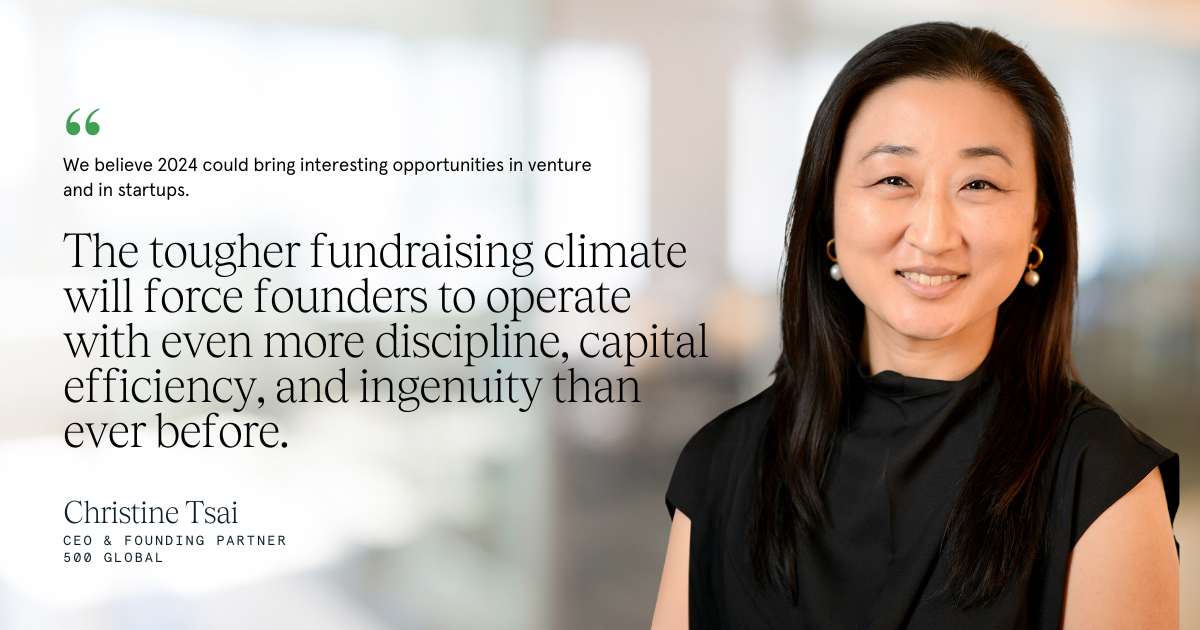What do Africa and Southeast Asia have in common? Small enterprises–think mom-and-pop shops–still dominate their economies. In Africa, the so-called informal sector generates around 50% of economic output and 85% of employment by some estimates. Similarly, there are more than 70 million micro, small and medium enterprises in Southeast Asia, accounting for 99% of all businesses in the region; and more than half of the workforce in most of the region earns its living in the informal sector.
Given the size of the informal market and the increase in smartphone usage in Africa and Southeast Asia, massive and fast-growing startups have emerged in both regions to help bring small business owners into the digital age to better serve their customers, bring efficiencies and boost productivity.
While African startups are gaining momentum, raising a record $5.2 billion in venture funding last year–a nearly five-fold increase over the previous year–venture funding in Southeast Asia stood at $25.7 billion. Some estimate that the African startup ecosystem might have five years to catch up to Southeast Asia’s.
We’ve been investing in Southeast Asia for eight years, and have watched a few of our portfolio companies help digitize the informal economy. Grab developed into a superapp by providing, among other things, small businesses in Southeast Asia with a variety of services, including deliveries, online shops, and payments. Indonesia’s Bukalapak helps small enterprises, called mitra, grow by making, for example, digital banking available, as well as fast wholesale grocery delivery. Same with StoreHub, which provides small shops and restaurants with point of sale tools and data insights.
In Africa, where we’ve been investing since 2012, several portfolio companies, such as Brimore and MaxAB in Egypt, Chipper Cash across sub-Saharan Africa and BetaStore in Nigeria, are transforming how small businesses operate in the extensive informal economy.
Given our experience, we believe there are three key lessons that African founders can learn from their counterparts in SEA.
1. Raise money fast: Customer acquisition can take several months, so cash is vital to maintain momentum until a company can monetize its product, thus increasing its chances at winning the market. Startups can consider convertible notes, such as SAFE (Simple Agreement for Future Equity) or KISS (Keep it Simple Security). These instruments have standard and simple terms that can result in faster rounds compared to priced funding.
2. Build partnerships: The ability to cater to multiple customer needs from connecting to wholesalers to providing loans can offer convenience and promote closer ties with small business owners. By partnering with service providers, manufacturers, and banks, they can enter into mutually beneficial arrangements that help grow their business. For example, partnering with a bank could be key to offering loans.
3. Tap fintech: Embedding financial services, such as insurance, investments, and credit lines to finance inventory represents an opportunity for revenue generation. Less than a third of SMEs in sub-Saharan Africa have a bank loan or line of credit. If a startup is selling products or connecting people to products, offering financial services can create a new line of business. For markets that are unbanked and underbanked, embedded finance has the potential to attract more customers, such as buy now pay later services.
Ultimately, startups that empower small businesses play a key role in economic development, and we’re excited about their potential in Africa.





